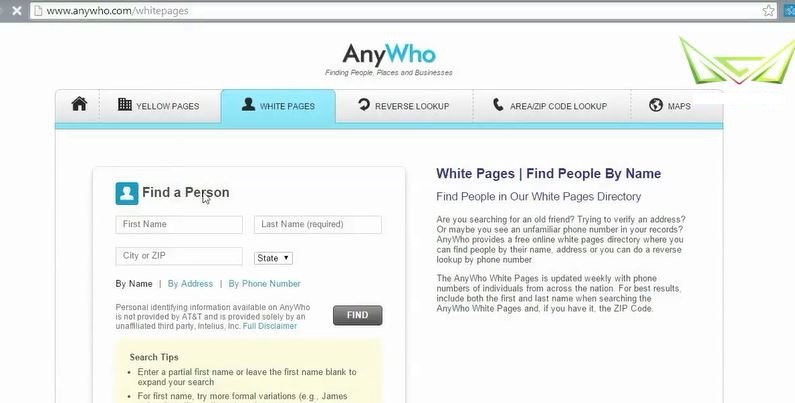[COURSE_PTHE] 2. 踩点
1. 简介:踩点(Foot-printing)
踩点,顾名思义,就是利用关键信息点、对象特点及辅助工具来获得足够多的目标信息作为渗透前的准备。(机会总是留给做好准备的人)
2. 踩点架构
视频中重点介绍了踩点需要了解的关键步骤。

3. AnyWho使用方法
本视频介绍了AnyWho、Yasni、Spokeo等信息搜索网站,可以获取到目标及组织的信息。




4. nslookup使用方法
本视频教程介绍了Windows下的nslookup命令的基本用法。
1 windows cmd: 2 > nslookup [site name] 3 > nslookup 4 > help 5 6 > set type=[a/MX/SOA/...] 7 8 > [site name] 9 > server [new dns ip] 10 > exit 11 12 windows cmd: 13 > nslookup [site name] >> file.txt 14 > notepad file.txt
5. Path Analyzer Pro 使用方法
本视频教程介绍了Path分析工具在Windows下,给予ICMP/TCP/UDP等协议获取目标站点的IP routing路径、基本DNS、定位等状态信息内容。
安装包:1. Windows版本
2. Linux版本
注意:Windows下安装完,maybe会出现以下问题:
Problem:
display Path Analyzer Raw socket error when press trace
Solution:
when opening Path Analyzer pro right click and select run as administrator. Also, you may need to create a rule in Windows firewall to allow the application to work.
1 Start a Command Prompt (cmd.exe) or Select “Run” from the Start menu; 2 Type “WF.msc” and press return; 3 Select “Inbound Rules” folder in left pane; 4 Click “New Rule” in right pane; 5 Select “Program”, click Next; 6 Use the “Browse…” button to find the path of Path Analyzer Pro (e.g., “\Program Files\Path Analyzer Pro 2.5\papro.exe”), click Next; 7 Select “Allow the connection” and click Next; 8 Check all – Domain, Private, Public – checkboxes; 9 Choose name for rule and click Finish.
6. Ping使用方法
Ping是个基础渗透工具,用于ip追踪测试,以下视频介绍了Windows下ping的基本用法。
1 windows cmd: 2 3 > ping /? 4 > ping [site name/ip] 5 > ping -a [site name/ip] 6 > ping ip -f -l [bytes] 7 > ping -i [TTL time] ip 8 > ping -n [com times] ip 9 > ping -t [site name/ip]



 浙公网安备 33010602011771号
浙公网安备 33010602011771号